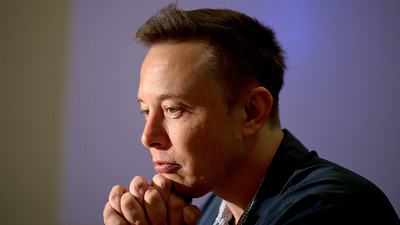In an unexpected turn of events, Turkish President Recep Tayyip Erdogan has reached out to Elon Musk, the visionary CEO of Tesla Inc., with a compelling proposition—to construct a Tesla factory in Turkey. This intriguing proposal has set the wheels of anticipation in motion as it could revolutionize Turkey’s automotive industry and bolster its economy. In this article, we’ll dissect Erdogan’s request and its implications.
Why Turkey?
Turkey has been steadily emerging as an attractive destination for automotive manufacturing. Its strategic location, bridging Europe and Asia, offers easy access to both Eastern and Western markets. Additionally, Turkey boasts a skilled labor force and a growing automotive sector, making it an ideal location for Tesla’s expansion plans.
Economic Impact
The establishment of a Tesla factory in Turkey would have far-reaching economic benefits. It would create a significant number of jobs, stimulating employment opportunities and reducing unemployment rates. This would not only alleviate financial burdens on the government but also improve the quality of life for Turkish citizens.
Energy Efficiency
Turkey’s commitment to renewable energy sources aligns with Tesla’s mission to promote sustainable transportation. The country has been investing heavily in solar and wind energy, which could provide an eco-friendly energy source for Tesla’s production. Such synergy could significantly reduce the carbon footprint of Tesla’s manufacturing processes.
Supply Chain Optimization
Turkey’s geographical location is strategically positioned for efficient supply chain management. Proximity to key suppliers in Europe and Asia would facilitate streamlined production processes and just-in-time deliveries, ultimately enhancing Tesla’s production capabilities.
Market Potential
Turkey’s large domestic market and proximity to European markets could provide Tesla with a competitive edge. The demand for electric vehicles (EVs) is on the rise globally, and Turkey could serve as a gateway for Tesla to tap into this growing market.
Challenges and Considerations
While the idea of a Tesla factory in Turkey is exciting, it comes with challenges. These include navigating regulatory frameworks, ensuring a skilled workforce, and addressing infrastructure requirements. However, Turkey’s government has demonstrated its commitment to attracting foreign investments, which could help overcome these hurdles.
Conclusion
Erdogan’s proposal to Elon Musk to establish a Tesla factory in Turkey opens up exciting possibilities for both parties. It presents an opportunity for Tesla to expand its global footprint and for Turkey to bolster its economy and automotive industry. As discussions continue, the world will be watching eagerly to see if this ambitious collaboration comes to fruition. If successful, it could mark a transformative moment in Turkey’s economic history and further solidify Tesla’s position as a pioneer in the electric vehicle industry.












